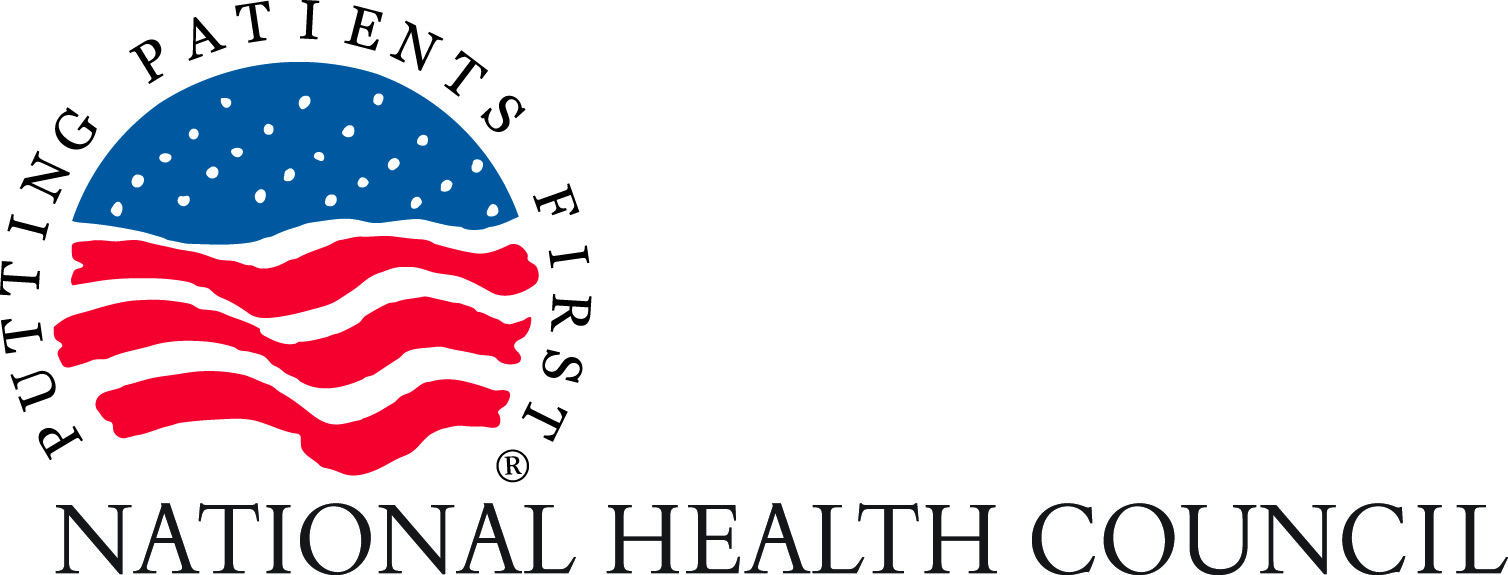Gwen Darien: ‘But You Seemed So Healthy,’ My Doctor Said. I Had Non-Hodgkin Lymphoma.
05/28/2019
The following is an excerpt from a US News and World Report blog by Gwen Darien, executive vice president for patient advocacy at the Patient Advocate Foundation and the National Patient Advocate Foundation detailing her personal experience with a delayed diagnosis of Non-Hodgkin Lymphoma. Read the full blog here.
I went to my doctor, an internist, several times. He saw a young woman, presumably healthy, whose problems he thought were far more likely related to struggling with life than to any disease. He didn’t order any tests, look for an underlying cause or even really ask me about what was happening. The sicker I got, the more dismissive he seemed to be of my symptoms. Months went by, and I got worse and worse. Eventually, I became so short of breath that I couldn’t walk around the block, and I had a persistent pain in my shoulder. The answers came all too quickly after I insisted once again on seeing the doctor and demanded that he find out what was wrong with me. I had cancer, Stage II non-Hodgkin lymphoma in my chest. That jarring and ultimately life-changing diagnosis explained all my health issues, symptoms that were in fact classic for my condition.
Twenty-five years and two additional cancer diagnoses later, these interactions with that doctor still haunt me. Did I really “seem so healthy,” or was that just what he wanted to see, was accustomed to seeing? Why didn’t this doctor listen to me, to my story? Why didn’t he respect my knowledge of my body, my “expertise” about what was clearly abnormal for me? I trusted him. Why didn’t he return that trust?
I’ll never know whether the delay advanced the stage of my lymphoma, or altered the treatment, but it changed me. What would have been the impact on my subsequent diagnoses of breast and endometrial cancers if my first diagnosis hadn’t been delayed? How about the long-term psychosocial impact? I still feel high levels of anxiety, even panic, when I see doctors. I often find myself vacillating between my tendency to insist on being seen, heard and acknowledged in some health care encounters with my need for affirmation as a “good patient.” As I’ve grown in my advocacy and knowledge, more often than not that means not asking too many questions, so that I’m more aligned with my doctors or don’t take up too much time, or appear not to understand what is happening. I know that asking questions is the best way to achieve the health and care that is meaningful to my family and me, but sometimes when I’m sitting in those offices, expecting and feeling deserving of my doctor’s respect for my expertise still requires a conscious effort on my part.
Read the full blog here.

